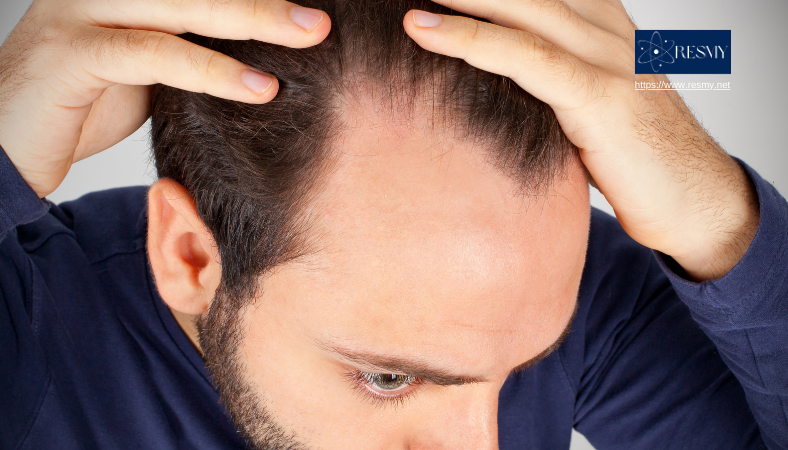Hair loss, a common concern for many, is becoming increasingly prevalent among young people, particularly men. This troubling trend is linked to a surprising culprit: sugary drinks. A new study conducted in China sheds light on the connection between high consumption of sugar-sweetened beverages (SSBs) and male pattern hair loss (MPHL).
Rising Hair Loss in Young Men
The study highlights a concerning rise in MPHL among young Chinese men. The prevalence has jumped from 21.3% in 2010 to a staggering 27.5% in 2021. This not only impacts physical appearance but also takes a toll on mental well-being, causing anxiety and affecting overall quality of life.
The Sugar Connection: Beyond Skin Deep
Previous research has established the link between diet and hair loss. This study delves deeper, focusing on SSBs, a major source of added sugars in modern diets, particularly popular among young people. While some earlier studies had contradictory findings, this new research paints a clearer picture.
High SSB Consumption Linked to Increased Hair Loss Risk
The study found a significant association between frequent and high-volume SSB consumption and a higher risk of MPHL. This association remained even after accounting for other factors that might influence hair loss, such as body weight and physical activity levels. Interestingly, the negative impact held true for various types of SSBs, including sodas, sweetened juices, and even artificially sweetened beverages.
Possible Mechanisms: Beyond Just Sugar
The researchers propose several mechanisms explaining the link between SSBs and hair loss. High sugar intake can trigger the polyol pathway, a biochemical process that may disrupt the health of hair follicles. Additionally, chronic SSB consumption might indirectly contribute to hair loss by increasing the risk of chronic diseases and emotional problems like anxiety, both of which are known to influence hair health.
A Call for Lifestyle Changes and Further Research
While this study strengthens the evidence against excessive SSB consumption, it acknowledges limitations. The cross-sectional design makes it difficult to establish a cause-and-effect relationship definitively. Further longitudinal and interventional studies are needed to solidify the connection and guide future health interventions.
Public Health Implications and a Message for Young People
Reducing SSB intake is a global challenge. This research highlights the potential benefits of such efforts for young adults, not only for overall health but also for maintaining a healthy head of hair. By emphasizing the negative impact of SSBs on appearance, public health initiatives can encourage young people to make informed dietary choices.
Empowering Young Adults to Take Charge
Hair loss can be a significant source of distress for young men. This study provides valuable information, empowering young adults to take control of their health by limiting sugary drinks. By making informed dietary choices, they can not only improve their overall well-being but also potentially reduce the risk of hair loss.
Other Topics: Medicine and Health Science, Natural Science, Agricultural Science, Engineering & Technology, Social Sciences & Humanities

